If you’re thinking about buying a freehold condo in Singapore’s Rest of Central Region (RCR) – commonly known as the City Fringe – you should be prepared to pay a premium. These areas include Queenstown, Bishan, Toa Payoh, Kallang, and Marine Parade. A crucial decision awaits buyers in this space: Should you opt for a freehold condo or a more affordable leasehold alternative?
Leasehold vs Freehold Condo
Leasehold condos typically come with a 99- or 103-year lease. When the lease expires, the land returns to the Singapore Land Authority, and owners receive no compensation. Freehold condos, on the other hand, can be held indefinitely, providing peace of mind for long-term or legacy planning. However, the tradeoff is a significantly higher price point.
New government land sales are exclusively leasehold, making freehold land increasingly scarce. This drives up demand and reinforces the premium that comes with freehold condos.
Still, freehold doesn’t always mean better. Some buyers argue that the freehold label is overvalued, especially if your investment horizon or usage doesn’t extend far into the future.
Why Freehold Condos Carry a Premium
Singapore’s compact geography and evolving land policies have made freehold properties both rare and desirable. Ownership permanence is attractive to buyers who want to avoid lease decay, pass property to future generations, or enjoy more autonomy when modifying or renovating their units.
Historically, freehold condos have appreciated better than leasehold ones, especially in prime locations. A URA report highlighted that properties in core and city fringe areas, regardless of tenure, showed healthy appreciation trends. However, freehold condos often outpace their leasehold counterparts in long-term capital gains.
Because of this potential for stronger long-term returns, freehold condos often carry higher upfront prices. These higher costs also reflect the premium associated with the scarcity and flexibility of ownership.
Investment Returns: Does Freehold Outperform?
Freehold properties don’t always guarantee better returns. Several factors affect investment performance, including:
1. Location
Regardless of tenure, location is a primary driver of property value. City fringe areas often benefit from a strong mix of convenience and potential future development, which boosts appreciation for both freehold and leasehold units. Proximity to MRT lines, good schools, and amenities add significant value.
2. Size
Larger freehold units are limited and thus more desirable. They command higher absolute returns, especially in RCR areas. However, affordable leasehold units may yield better percentage returns, as their entry price is lower and they are easier to resell in the mass market.
3. Market Timing
Timing your purchase can significantly impact returns. Buying during a market dip or before a major infrastructure project (e.g., new MRT line) can yield considerable capital appreciation. This applies to both freehold and leasehold properties. Market cycles matter—even the best property in a good location might underperform if bought at the wrong time.
Cost Considerations: More Than Just the Price Tag
Yes, freehold condos cost more upfront. But that’s not the whole picture. Here are some important financial nuances:
- Mortgage Terms: Banks often offer better mortgage terms for freehold properties because they retain value over time. Freehold condos may qualify for the lowest home loan rates.
- Maintenance: Both property types incur maintenance fees. However, leasehold owners might face rising costs or value depreciation as the lease term shortens.
- No Lease Renewal Fees: Unlike leasehold properties, freehold owners don’t face costly lease top-ups or risk the uncertainty of lease expiry.
Who Should Consider a Freehold Condo?
A freehold condo in the city fringe makes sense for: – Buyers planning to hold the property long-term or pass it on as a legacy asset – Homeowners who want the flexibility to renovate or rebuild – Investors seeking capital preservation and long-term value – Buyers who value exclusivity and scarcity
However, if your priority is yield over tenure, a leasehold property in a good location could deliver better short-to-mid-term returns with a lower upfront cost.
What the Data Tells Us
While the perception is that freehold always outperforms, data from PropertyGuru shows that capital appreciation depends more heavily on location and demand trends than on tenure alone. Leasehold condos in high-demand areas with strong amenities often outperform freehold condos in less attractive districts.
That said, freehold status does serve as a hedge against lease decay—a concern that grows as a property ages. This factor becomes especially important for buyers with a long-term view or those aiming to preserve value for future generations.
Final Thoughts
So, is a city fringe freehold condo worth the premium? It depends on your financial goals, holding horizon, and priorities. Freehold condos offer peace of mind, potential for long-term gains, and fewer restrictions. Leasehold condos provide lower barriers to entry, higher liquidity, and potentially better short-term yields.
If you’re planning to buy and hold for decades, freehold may be worth the extra investment. If you’re an investor looking for rental yield or short-term gains, a strategically located leasehold property might be more effective.
Before making a decision, weigh your options carefully and speak to a property expert or mortgage broker to understand your financing limits and eligibility. Making an informed decision now can save you a significant amount in the long run.
